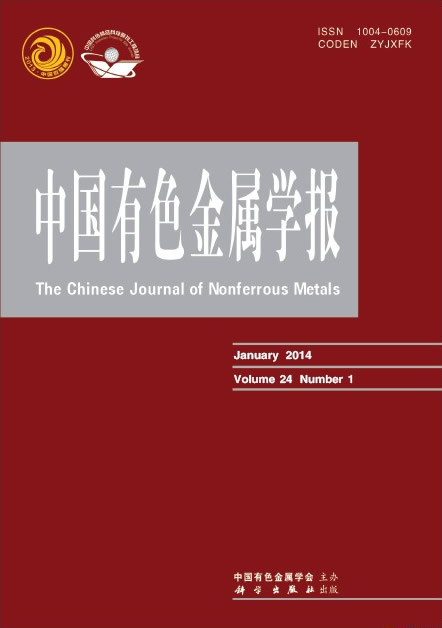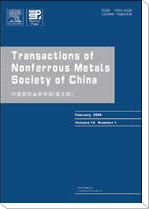(1. 天津大学 化工学院,天津 300072;
2. 中国电子科技集团公司第十八研究所,化学与物理电源重点实验室,天津 300384;
3. 天津市津南区安全生产监督管理局,天津 300350)
摘 要: 为了深入探索Li/CFx电池的高温储存性能及其容量衰减规律,本文分别研究不同储存温度和不同储存时间对Li/CFx电池放电性能的影响,并分析了电池性能下降的机理。结果表明,Li/CFx电池的自放电行为会随着储存温度的升高和储存时间的延长而变得越来越严重。EIS的分析结果表明,CFx阴极的电荷转移电阻会随着自放电的加剧而不断地增大。SEM、XRD和拉曼光谱等分析测试结果表明,Li/CFx电池经过高温储存后,CFx阴极表面上会形成一层自放电产物层,导致Li/CFx电池的放电容量和放电的电压平台逐渐地下降,电压滞后效应也愈发明显。相对于储存时间,Li/CFx的自放电行为对储存温度的升高更加敏感。
关键字: 锂电池;氟化碳;高温储存;容量衰减;自放电
(1. School of Chemical Engineering and Technology, Tianjin University, Tianjin 300072, China;
2. National Laboratory of Science and Technology on Power Sources, Tianjin Institute of Power Sources, Tianjin 300384, China;
3. Jinnan Administration of Work Safety, Tianjin 300350, China)
Abstract:In order to investigate the storage performances and failure mechanisms, the self-discharge behaviors of both the Li/CFx batteries stored at different temperatures and for different days were studied in detail. The discharge results show that the capacity of Li/CFx batteries fades rapidly with increasing the storage temperature or storage time. The testing results of EIS, SEM XRD and Raman spectroscopy indicate that a layer of self-discharge products may be produced on the surface of CFx cathode after storage at high temperature. The self-discharge products can decrease both the Rct and discharge voltage platform, and also promote the voltage hysteresis of Li/CFx cells obviously. Compared with the storage time, the self-discharge behavior of Li/CFx batteries is more sensitive to the increase of storage temperature.
Key words: Li-battery; carbon fluoride; storage at high temperature; loss of capacity; self-discharge


